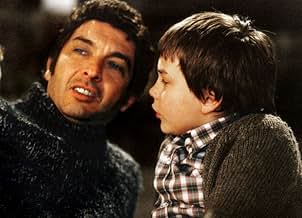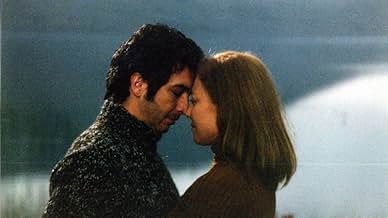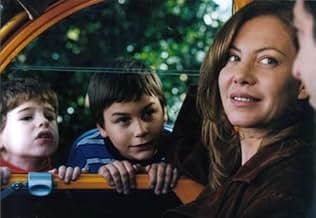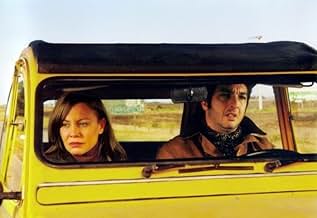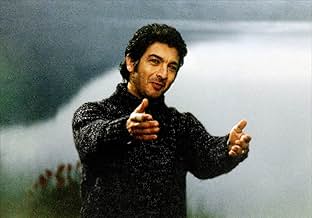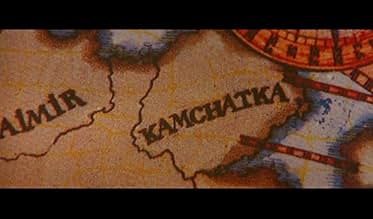Like "Harry", I always enjoyed playing TEG. If you have never played it, don´t worry, for it´s actually pretty simple: one board with fifty countries, and three or four players trying to control 30 of them to win the game. But Harry has never played with so many people - he just plays with his dad. And when its only two players, it is a fight to the death: all 50 countries or nothing. Harry has never won before, and he is very close to winning - but his dad, controlling this little, obscure region on the edge of the board, this remote place with a tongue twister of a name, Kamchatka, still manages to resist for hours and hours. As Harry will learn later, surviving against all odds is indeed possible... and as he warns us as the movie begins, this will be the last and most memorable lesson he has learned from his father.
A touching tale made up of childhood memories, Kamchatka tells the story of a middle-class couple in Argentina in the mid-70s, during the military dictatorship that horrified and scarred the country. One day, without warning, the couple take their two children to an abandoned house, desperately trying to escape. But of course, the children understand nothing of this - instead they are forced to leave their lives behind and even change their names. The movie cleverly focuses on the older of the two boys, Harry (who actually names himself after Harry Houdini), and suggests the horrors of the period through subtle (and sometimes not so subtle) metaphors, sometimes with a sense of humor you wouldn´t expect for this type of pictures.
The good thing about "Kamchatka" is that it is not a history lesson - you never know exactly what the parents (and the other people that come and go into the children´s lives) did to be hiding, but it doesn´t really matter. What matter is that the film accurately portrays the heartbreaking situation of a man and a woman who do not know if they´ll live to see their children grow, and are still strong enough to fight back and try to smile for them. We don´t know what they did when they left the house every day. We don´t know what happened to their friends and co-workers. We don´t even learn their real names - like so many of the "desaparecidos", they are the anonymous victims of a goverment that almost destroyed a country. We only see the couple through the innocent - but oddly wise - eyes of their children.
Ricardo Darin and Cecilia Roth have once again proved with this movie that they are some of the best actors in Argentina right now - I´ve seen them both in more demanding roles, mind, and this is far from being their best performances... and yet they are both believable and their chemistry with the children is perfect. Director Ricardo Piñeyro knows what he is doing, and it shows: with this type of material it is dangerously easy to fall into the trap of making a cheap melodrama, and yet he manages (for the most part) to avoid making the picture overly sentimental or manipulative. Kamchatka may not be a perfect film, but it´s heart-felt and beautifully filmed.
For viewers who wish to know more about this dark time in Argentina´s history, you may rent the excellent Oscar-winning "The Official Story".

